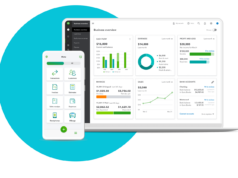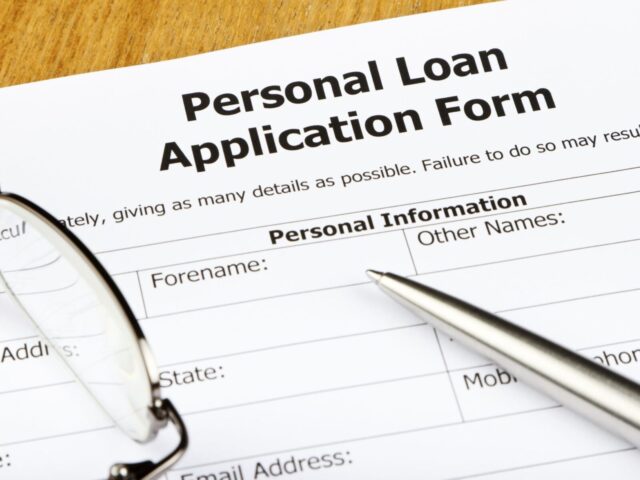
Consumer loans are becoming increasingly popular over the last few years, with more and more people turning to them to make ends meet until their next paycheck arrives. There are many reasons why so many people have started taking out loans. Before we proceed about why people depend on it you might want to visit this site https://ourmoneymarket.com/ to know more about personal loans.
Here are 10 of the most common reasons they use them, including using them to fund vacation travel, purchase home furnishings, or car repairs that aren’t covered by insurance.
1. Bad credit
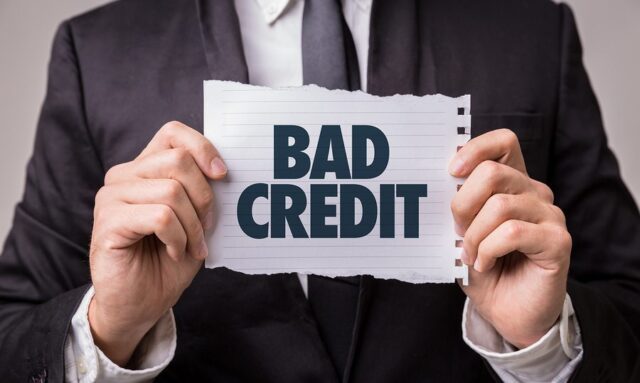
There are several reasons why you may need a personal loan but one of them is because you have bad credit. If you’ve never taken out a loan before, or if your past experiences with lenders haven’t been particularly positive, then it’s possible that having bad credit has caused you to shy away from credit in general.
In that case, getting a personal loan might just be what you need to get yourself back on track. After all, it doesn’t matter how good your finances are at present if you can’t demonstrate financial stability to lenders.
2. Car repairs
Whether you’re planning to buy a new car or if your current vehicle has been making some strange noises lately, money for repairs will come in handy. And let’s face it, nobody enjoys putting off car repairs—the more expensive it gets, the less likely you are to pay for them. But at some point in life everyone needs money for a car repair or two; so start saving now and you’ll thank yourself later.
3. Vacation

It’s hard to take time off when you don’t have a lot of money saved up. However, taking breaks is an essential part of staying healthy and recharging your batteries. You can break up work throughout your day with coffee or lunch breaks, but if you want to recharge and enjoy yourself, you’ll need to take a vacation at some point—but it helps to have a safety net.
By getting a personal loan for travel ahead of time, you can make sure that your vacation doesn’t turn into another source of stress because of unexpected bills or expenses. A personal loan may just be exactly what you need so that all your worries while away don’t revolve around money.
4. Debt Consolidation
Having a personal loan doesn’t necessarily mean you have lots of debt. Some people use loans to consolidate their debt and pay down their balance. For example, if you have $5,000 in credit card debt and $1,000 in car loan payments, a personal loan could help you take care of your smaller debts (like credit cards) while paying down your larger ones (like your car loan).
This way, you don’t have to be tied down by multiple monthly payments—you can easily make one consolidated payment every month. In addition to having lower monthly bills and paying off debt faster, some borrowers may also benefit from low-interest rates when they take out a personal loan.
5. Emergency Expenses
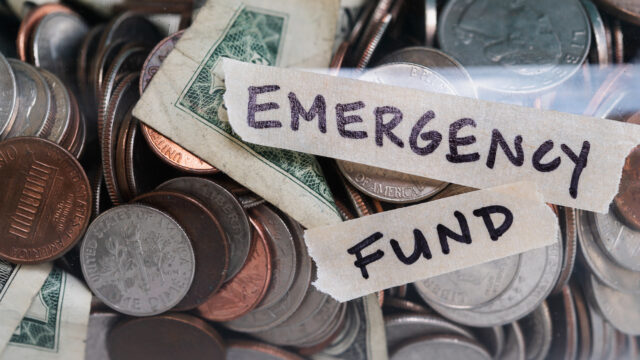
It’s great to have a rainy day fund, but your emergency fund shouldn’t be a substitute for real financial planning. When emergencies arise—and they will—you don’t want to have to rely on friends and family or take out high-interest credit card debt.
If you don’t already have an emergency fund in place, use these tips to get started: Set aside 3-6 months of living expenses. The amount you save is up to you, but it should be enough money so that if there was a sudden job loss or other financial crisis, you could pay your monthly bills for at least 3-6 months without help from others.
6. Special Occasions
Going into debt to pay for an event is a fast way to turn it into a disaster. If you’re tempted to use credit cards or get loans for big events—like that dream vacation, your daughter’s wedding, or even your birthday—hold off. It’s easy to forget about interest charges, but if you can’t make monthly payments, that $100 gift could cost much more than intended.
Instead of racking up debt, take advantage of credit card rewards programs or earn extra cash through sites like Swagbucks to help fund those big-ticket items (and please check out our roundup of other ways experts recommend paying for big events).
7. Home Improvements

Home improvements are one of those things people just love to talk about and get opinions from others. Be it your neighbor, family or a friend you run into at a restaurant, if you’re thinking about improving your home chances are someone is going to chime in with an opinion. Whether they have good or bad advice, chances are they will have some opinion that isn’t based on personal experience.
8. College Tuition
The price of college has soared in recent years. The Bureau of Labor Statistics reports that tuition and fees for a public, four-year college averaged $8,893 per year from 2007–to 08. It’s not uncommon to pay an additional $3,000 or more each year for books, supplies, and room and board.
Federal student loans allow you to borrow up to $23,000 (if you don’t have a dependent) or $46,500 (if you do). Loans are available from other lenders with much higher limits but they generally require better credit scores and must be repaid within ten years if used to buy a home or start a business.
9. Business Expansion

Growing a business can be expensive. Without financial backing, some entrepreneurs turn to personal loans for help. Depending on your needs, there are several types of loan products available to you through banks and credit unions. The information provided is not exhaustive and should not be considered advice or recommendations of any kind.
Apply only for loans from companies with which you are familiar or that have been recommended to you by friends or family members. Always use a credit card responsibly to build a credit history, but don’t be tempted to spend beyond your means! Borrowing responsibly takes discipline but can improve long-term profitability when used in moderation.
10. Credit Cards
While everyone knows that credit cards can be dangerous for your finances, many people continue to use them. One of the biggest reasons for that is convenience—no one wants to carry around cash, but sometimes it’s necessary. If you’re going to rely on a credit card to pay for your expenses (which we don’t recommend), make sure you only use it in an emergency or after running down your emergency fund. Credit cards are great as a backup option but should never become your main spending method.
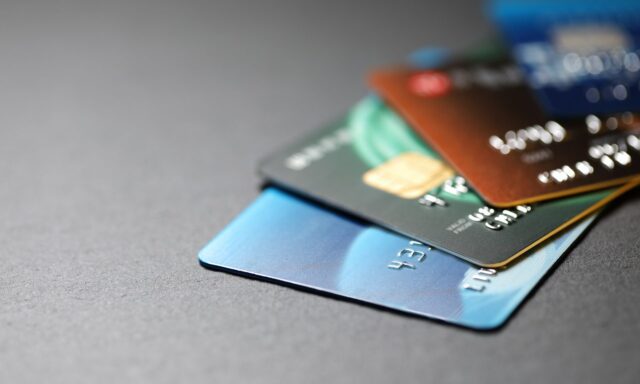
Conclusion
Managing your personal finance can be tough when you are dealing with multiple loans. The more the number of loans a person has, the more he/she will have to deal with the burden of repaying them. Personal loans are an efficient way to consolidate debt that makes it easier for the borrower to manage their finances by reducing monthly payments and required payment frequency.




